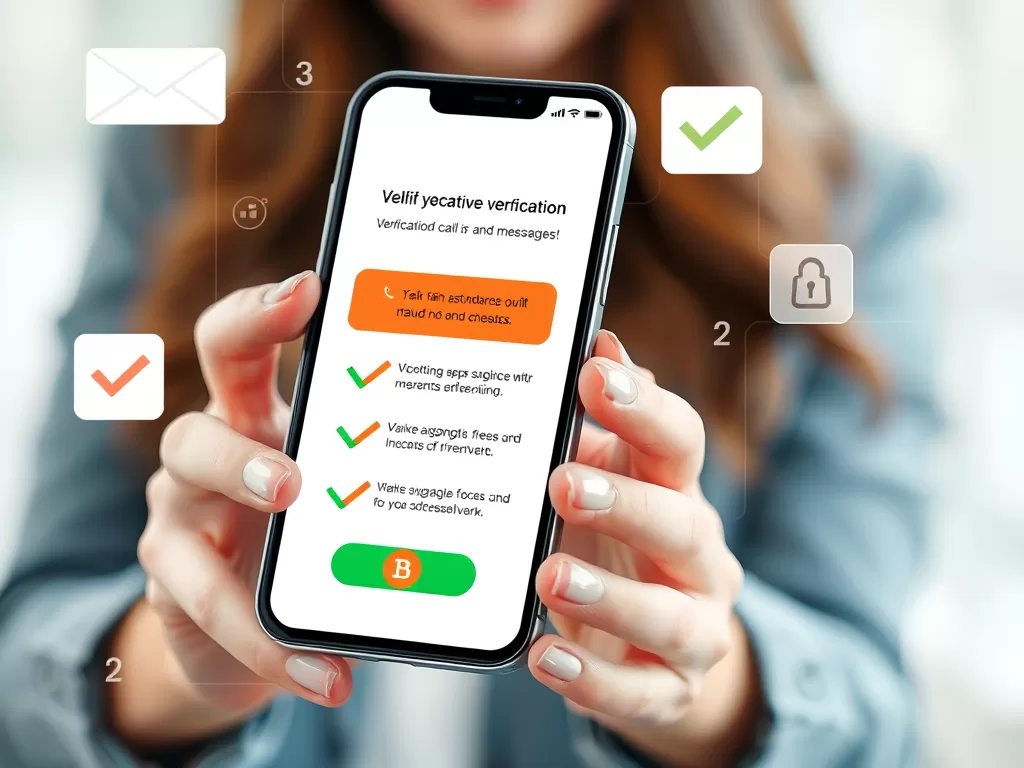
Financial crimes are on the rise in India, and the situation has reached alarming levels. Ajay Kumar Choudhary, the Non-Executive Chairman and Independent Director of the National Payments Corporation of India (NPCI), recently highlighted the gravity of this issue. In a keynote speech at the Global Fintech Fest 2024, he revealed that cybercriminals have siphoned off a staggering ₹1,750 crore in just the first four months of 2024. This should be a wake-up call for everyone, from financial institutions to ordinary users of digital payment platforms like UPI (Unified Payments Interface).
The Evolution of Financial Crimes: A New Era of Sophistication
Financial crimes have evolved dramatically in recent years. Criminals are no longer just targeting bank accounts with traditional phishing scams; they are now leveraging advanced technologies like artificial intelligence (AI), cryptocurrencies, deepfake fraud, and human-operated ransomware attacks. These new-age crimes allow scammers to conduct highly sophisticated operations at a minimal cost, making it harder for authorities to trace and stop them. The involvement of “money mules”—people who are used to move illicit funds—further complicates these crimes, making it difficult to track the flow of illegal money.
The Global Impact: A $3 Trillion Problem
The issue of financial crimes is not just confined to India. Globally, over $3 trillion in illicit funds flowed through the financial system in 2023. This dirty money fuels various other crimes, such as drug trafficking, human trafficking, and terrorism. The staggering amount highlights the scale of the problem and the need for stronger international collaboration to combat financial crimes.
NPCI’s Initiatives: Strengthening the Defence Against Financial Crimes
To tackle this growing menace, NPCI has been proactive in launching several initiatives. One of their most significant efforts is the real-time fraud risk monitoring and management (FRM) solution. This technology helps detect and prevent fraudulent transactions as they occur, safeguarding the financial ecosystem. Additionally, NPCI has been running public awareness campaigns to educate people on how to protect themselves from digital fraud.
A new pilot project by NPCI is focusing on identifying “mule accounts”—accounts used to move illicit funds—by analyzing payment system data. Banks are being alerted and sensitized based on the outcomes of these models, enabling them to be more vigilant and proactive in preventing fraud.
The Role of Cross-Border Collaborations in Combating Financial Crimes
In the fight against financial crimes, cross-border collaboration plays a crucial role. The financial ecosystem does not operate in a vacuum; transactions and crimes often transcend borders. To this end, NPCI is expanding globally. According to Choudhary, NPCI International Payments Limited, a wholly-owned subsidiary of NPCI, is working towards extending UPI (Unified Payments Interface) and RuPay card arrangements to other countries. This expansion aims to create a more interconnected and secure global digital payment network.
Recent milestones include the launch of the UPI PayNow linkage between India and Singapore, which allows real-time, low-cost remittances between the two countries. This initiative benefits millions of workers, students, and businesses by providing a secure and efficient way to transfer money across borders. As more countries express interest in adopting similar models, India is positioning itself as a leader in developing a global digital payment network.
The Growing Threat of UPI Scams and How to Protect Yourself
Scams over UPI, one of the most popular digital payment methods in India, are becoming increasingly common. These scams usually manifest through social engineering techniques, phishing, or other methods that exploit user or system vulnerabilities. Here are some practical tips to protect yourself from UPI scams:
- Be Aware of Social Engineering Tactics: Scammers often manipulate people into giving away their personal information. Be cautious if you receive unsolicited calls, messages, or emails asking for sensitive details.
- Enable Two-Factor Authentication: Make sure to activate two-factor authentication for all your digital transactions. This adds an extra layer of security, making it harder for fraudsters to access your accounts.
- Regularly Monitor Your Transactions: Keep an eye on your transaction history for any unauthorized activities. If you notice anything suspicious, report it immediately to your bank or payment service provider.
- Update Your Apps and Software: Ensure that all your apps and software are up-to-date. Updates often include security patches that protect against new vulnerabilities.
- Educate Yourself and Your Family: Awareness is the first line of defence. Educate yourself and your family members about the different types of scams and how to avoid falling victim to them.
India’s Booming Fintech Sector: Opportunities Amidst Challenges
Despite the challenges posed by financial crimes, India’s fintech sector is on a rapid growth trajectory. Ajay Kumar Choudhary stated that the sector is projected to expand from $110 billion to $420 billion over the next five years, at a compounded annual growth rate (CAGR) of 31%. With over 9,000 fintech companies and 30 unicorns, India ranks third globally in terms of fintech innovation. The number of fintech unicorns is expected to grow to 100 by 2030.
Conclusion: A Call to Action for All Stakeholders
The rise in financial crimes is a clear call to action for everyone involved in the financial ecosystem—government bodies, financial institutions, technology providers, and users. By staying informed, adopting best practices for cybersecurity, and collaborating across borders, we can build a more secure digital financial environment. NPCI’s initiatives and the growing fintech sector’s resilience demonstrate that while challenges exist, there is also immense potential to turn India into a global leader in secure digital payments.
For readers, the message is clear: Stay vigilant, stay informed, and take proactive steps to protect yourself from financial fraud. The world of digital payments offers immense convenience and benefits, but it comes with its own set of risks that require constant attention and action.






